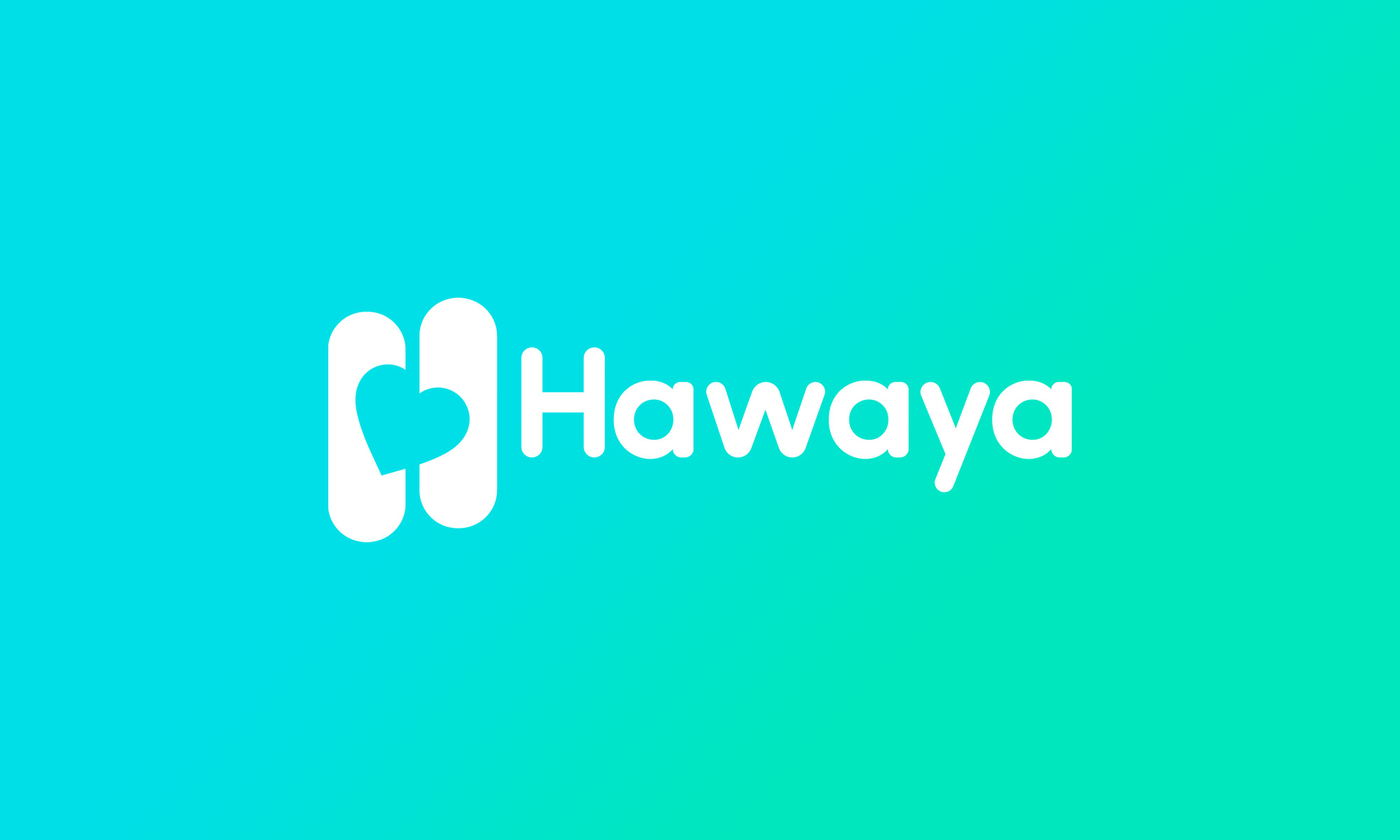News
Matchmaking App Hawaya Lets Users Connect Based On Lifestyle Choices
Hawaya currently operates in 12 new countries, including Kuwait, Saudi Arabia, UAE, France, Germany, UK, Malaysia, Indonesia, the United States, and Canada.

Finding love is not easy, especially for singles in the Middle East, where conservative cultural norms don’t approve of any but the most traditional forms of matchmaking, which don’t seem all that appealing to many members of younger generations. But it’s not like young men and women in the Middle East are without modern options when it comes to finding the partner of their dreams. Hawaya, a Cairo-born matchmaking app, has recently celebrated 4 million users, and it’s now rolling out a feature that has the potential to expand its userbase even further: the ability to connect based on lifestyle choices with people from other regions.
Hawaya currently operates in 12 new countries, including Kuwait, Saudi Arabia, UAE, France, Germany, UK, Malaysia, Indonesia, the United States of America, and Canada. So far, it has resulted in 18,000 commitments, with 5,000 in Egypt alone.
“We’re seeing singles all over the region, women in particular, trusting in Hawaya to find their life partner more than ever before, which displays greater social acceptance for mobile matchmaking as an empowering tool for women to find their ideal life partner,” said Shaymaa Ali, Hawaya’s co-founder and Marketing Manager in the MENA region.
The new “Lifestyle Preferences” feature allows users to find their other half based on shared interests, likes, and dislikes. Users can now specify the geographic area they would like to explore, instead of always receiving matches that are located as close to them as possible.
Also Read: Tinder Will Soon Let You Background Check Your Matches
“Through innovation, tech, and cultural respect, Hawaya prides itself to be a progressive app that aims to destigmatize the taboo of online matchmaking, and empowering women to take their time and spark a real connection with the love of their lives,” added Sameh Saleh, Hawaya’s founder and CEO.
Since the 2017 launch of Hawaya, social acceptance of online matchmaking in the MENA region has seen a measurable improvement, but there’s still a long way to go before all users of matchmaking apps like Hawaya won’t feel the need to hide their identities.
News
Mamo Completes $3.4M Funding Round To Enhance Fintech Services
The startup will use the influx of cash to expand into Saudi Arabia and across the wider GCC while improving its product offering.

UAE-based fintech Mamo has announced the completion of a $3.4 million funding round that will help the startup extend its market presence and improve its product offering. Investors included 4DX Ventures, the Dubai Future District Fund and Cyfr Capital.
Mamo’s platform offers “payment collection, corporate cards and expense management” to help small and medium-sized businesses consolidate and streamline their operations. With the latest influx of capital, Mamo will further develop its comprehensive suite of services and begin testing its product lines in Saudi Arabia, further extending its footprint across the GCC.
Imad Gharazeddine, co-founder and CEO of Mamo, stated: “We’ve been in the market for a while now and are incredibly proud of what our team has achieved. The holistic and expansive nature of our product offering has helped us continue to grow sustainably. This additional funding will allow us to reach our medium-term goals even faster. The support from new and existing investors is a testament to our strong expertise and the ability to deliver on our customer promise”.
Daniel Marlo, General Partner of lead investor 4DX Ventures, added: “We have immense trust in Imad’s vision, leadership and Mamo’s innovative approach to provide a user-friendly and comprehensive financial solution for SMEs that makes financial management more accessible and efficient. We are proud to partner with them and support their mission”.
Also Read: A Guide To Digital Payment Methods In The Middle East
Amer Fatayer, Managing Director of Dubai Future District Fund’s investment team, also commented: “Mamo’s localized product lines serve as an infrastructure for SME payments and spend management in UAE, a segment that is underserved by the country’s current banking infrastructure. The team has taken a product-first approach to consolidating SMEs’ financial journeys and building a fintech solution deeply embedded in a business’s core operations”.
To date, Mamo has raised around $13 million in investment funding and now boasts a team of 30 people. The company’s intuitive financial services platform has allowed over 1,000 businesses to consolidate their financial operations and significantly reduce payment fees.
-

 News4 weeks ago
News4 weeks agoAmazon Prime Day 2024: Get Ready For 6 Days Of Amazing Deals
-

 News4 weeks ago
News4 weeks agoSamsung Unpacked 2024: What To Expect From The July 10 Event
-

 News4 weeks ago
News4 weeks agoCoursera Report Shows Surge In UAE Interest In AI Upskilling
-

 News4 weeks ago
News4 weeks agoMeet Dubai’s Groundbreaking Smart Robot Delivery Assistant
















